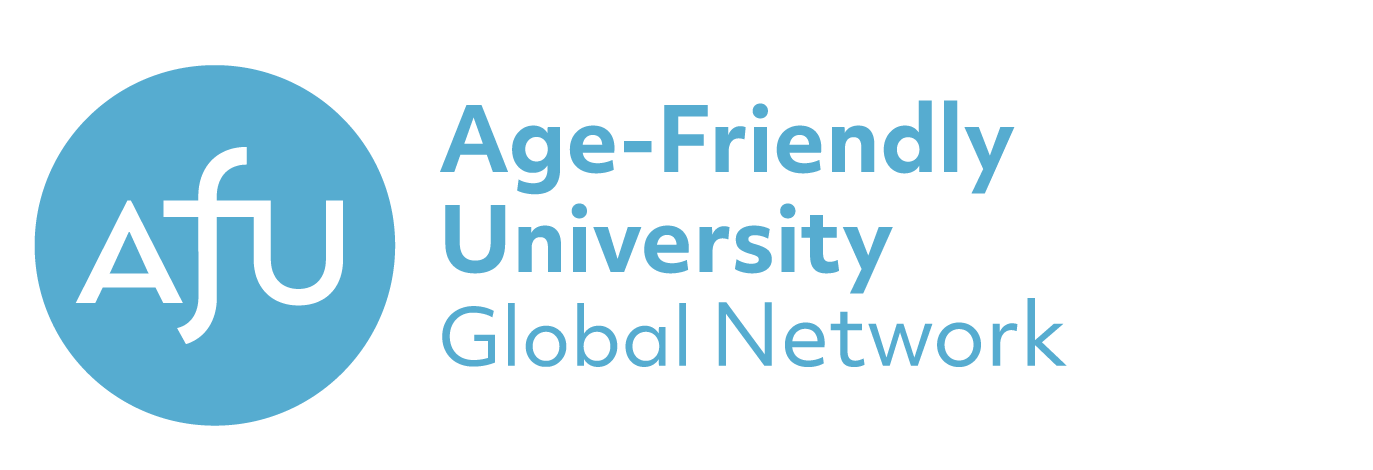Age-friendly Community and the Decade of Healthy Ageing
Hong Kong Elder Quality of Life Index (HKEQOL)
Introduction
To prepare for the continued ageing of the population in Hong Kong, there is a pressing need to assess the well-being of local older people to assist in formulating effective policies to address this socio-demographic change in Hong Kong. The Chinese University of Hong Kong Jockey Club Institute of Ageing, in collaboration with the Centre for Quality of Life, with funding support from The Hong Kong Jockey Club Charities Trust, has been developing the Hong Kong Elder Quality of Life Index (HKEQOL), incorporating the AgeWatch Index, to assess the elderly well-being in a comprehensive manner with locally significant indicators annually since 2014 for six consecutive years.
Indicators of the HKEQOL Index
The HKEQOL Index includes tailor-made indicators to Hong Kong in relation to the Age-friendly City concept proposed by the World Health Organization (WHO) and takes reference to the Global AgeWatch Index, using 22 indicators under 4 domains. The features of the new index are:
- Based on the four domains (i.e. income security, health status, capability and enabling environment) in the Global AgeWatch Index to assess major aspects of well-being in older people.
- Indicators are added to expand the coverage of assessment of well-being in older people.
- Indicators are designed according to suggestions in Measuring the Age-friendliness of Cities: A Guide to Using Core Indicators published by the World Health Organization in 2015 in assessing age-friendliness of Hong Kong.

Significance of the HKEQOL Index
The HKEQQL Index enables the trend analysis of the social and economic well-being of older people annually, identification of locally important determinants of well-being among Hong Kong older adults, as well as monitoring and evaluating local age-friendly initiatives.
At the beginning, this Index put a spotlight on domains where Hong Kong lags far behind other countries concerning its ageing population, in terms of income security, as well as psychological health (ranking 79 out of 97), although it ranked first in physical health, by virtue of its longest life expectancy in the world (CUHK Jockey Club Institute of Ageing, 2014). The use of this indicator was compared with other indicators of societal adaptations to ageing well (Woo, 2020b). Cultural adaptation was found to be relevant, particularly between Eastern and Western cultures. Soon after, the WHO promoted a set of indicators specifically for monitoring the age-friendliness of cities, which we incorporated into the constructs for the Age Watch index, to form the new HKEQOL Index (CUHK Jockey Club Institute of Ageing, 2016).
This index was then used to monitor the progress of the territory-wide AFC project. Although positive changes were initially observed, the impact of the 2019 social unrest in Hong Kong, followed by the COVID-19 pandemic, overshadowed these improvements (Woo, Leung, Yu, Lee, & Wong, 2021). The documentation of the trend in HKEQOL shows that while it may be used as a macro indicator that is able to reflect policies affecting the well-being of older people, it is also able to reflect the impact of societal unrest and pandemics, and that the latter may override the effect of existing ageing policies.

Research Reports on Index Results
A total of six Index reports and four topical reports were produced under the research on HKEQOL. The report findings can serve as a useful reference on policy planning of age-friendly interventions for improving the quality of life of elderly people in Hong Kong.
Index reports on HKEQOL
















